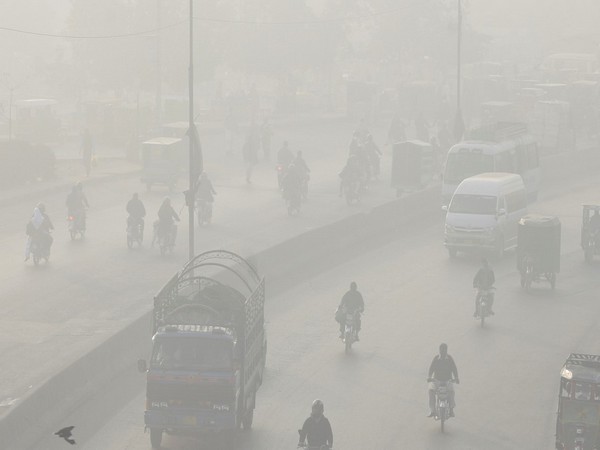Air Pollution Crisis in Karachi: Rising Health Concerns
A study from Aga Khan University highlights alarming air pollution levels in Karachi, attributing increased hospital admissions to particulate matter exposure. Experts urge attention to factors like road traffic and industrial emissions affecting respiratory health. Vulnerable groups include children, seniors, and those with compromised immunity.

- Country:
- Pakistan
A senior researcher presented urgent concerns over rising air pollution in Karachi, reported during a Friday press conference at Aga Khan University, as documented by Dawn. The study, titled 'Impact of fine particulate pollution exposures on respiratory health in a mega city of Pakistan', reveals serious respiratory health challenges linked to PM2.5 exposure in the region.
The research identifies high concentrations of black carbon, sulphate, ammonium, and nitrate as culprits of deteriorating air quality harming public health. Professor Zafar Fatimi, heading Environmental and Occupational Health at AKU, remarked a concerning 25-30% daily surge in hospital admissions and ER visits, notably impacting infants, the elderly, and individuals with weakened immune systems.
Prof. Fatimi emphasized how widespread air quality degradation affects everyone, not just vulnerable populations. According to Dawn's report, hospitalizations are soaring, implicating toxic air pollution as a critical health hazard. Industrial emissions and vehicular traffic persist as primary pollution sources, demanding robust management to prevent declining life expectancies in Karachi. The study links PM2.5—including harmful chemicals— to risks like premature death, heart disease, asthma, and chronic lung conditions, posing a severe danger to human health.
(With inputs from agencies.)










